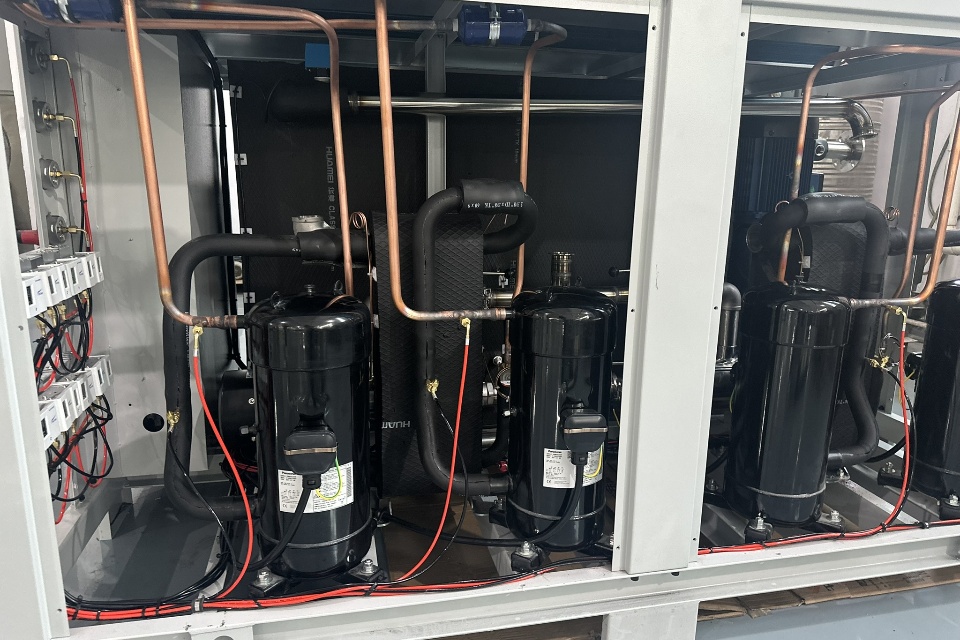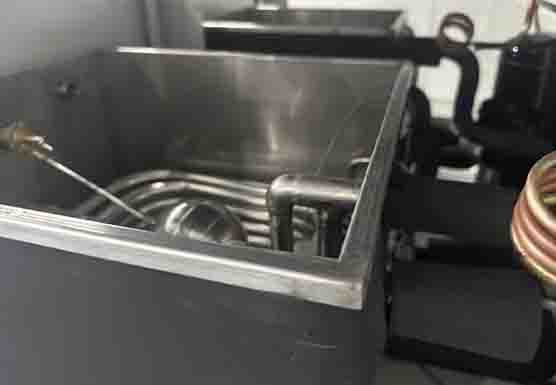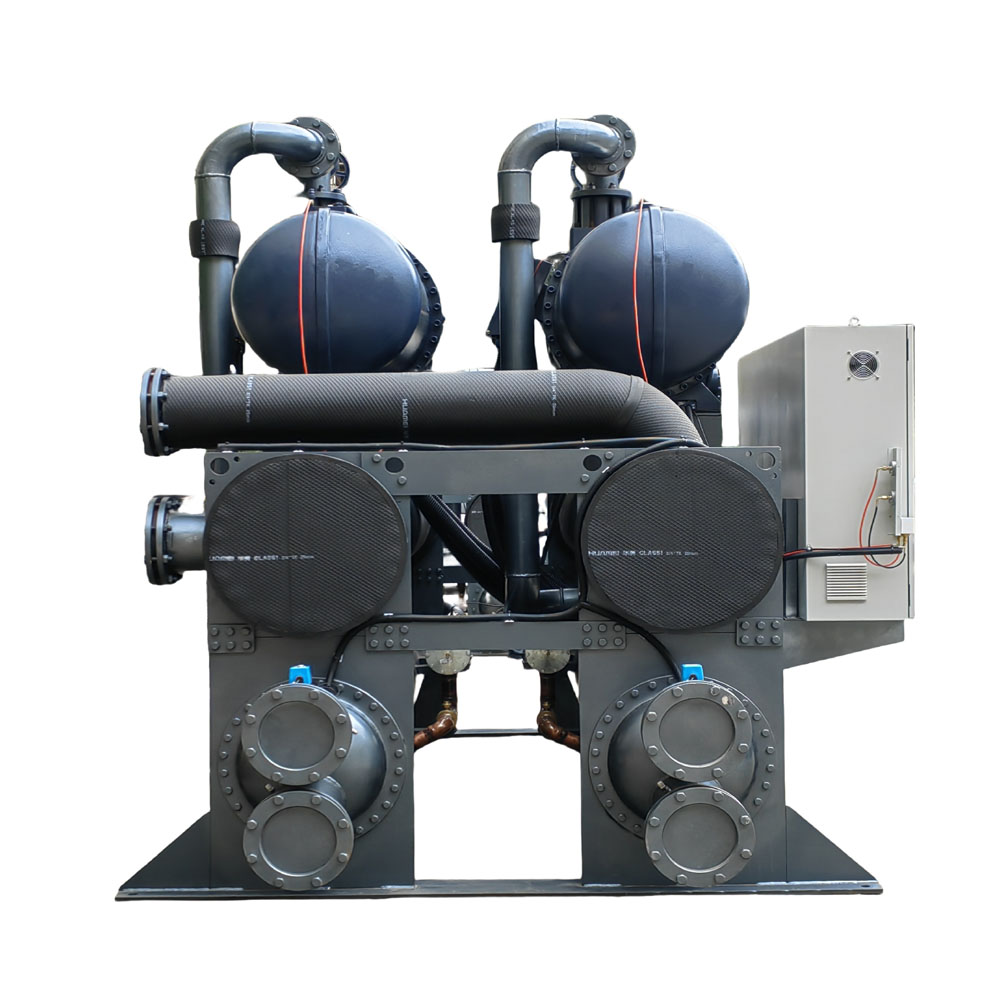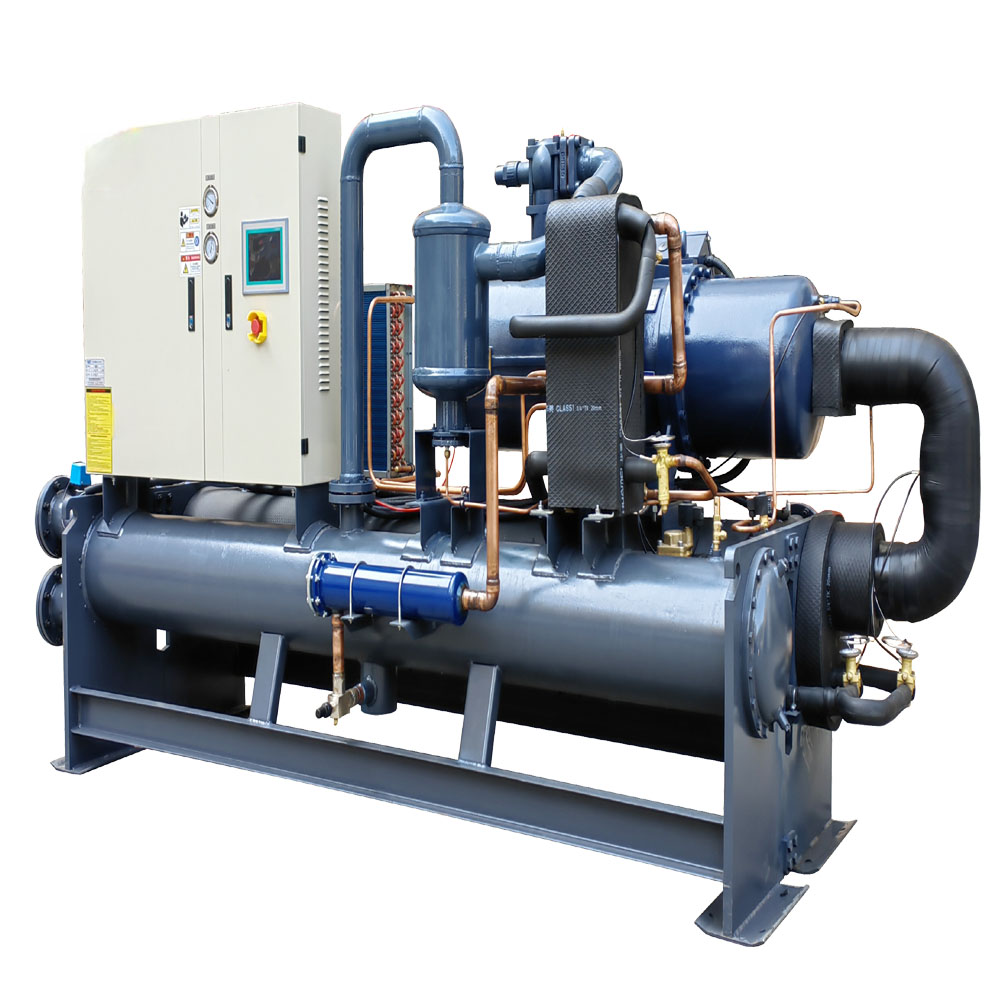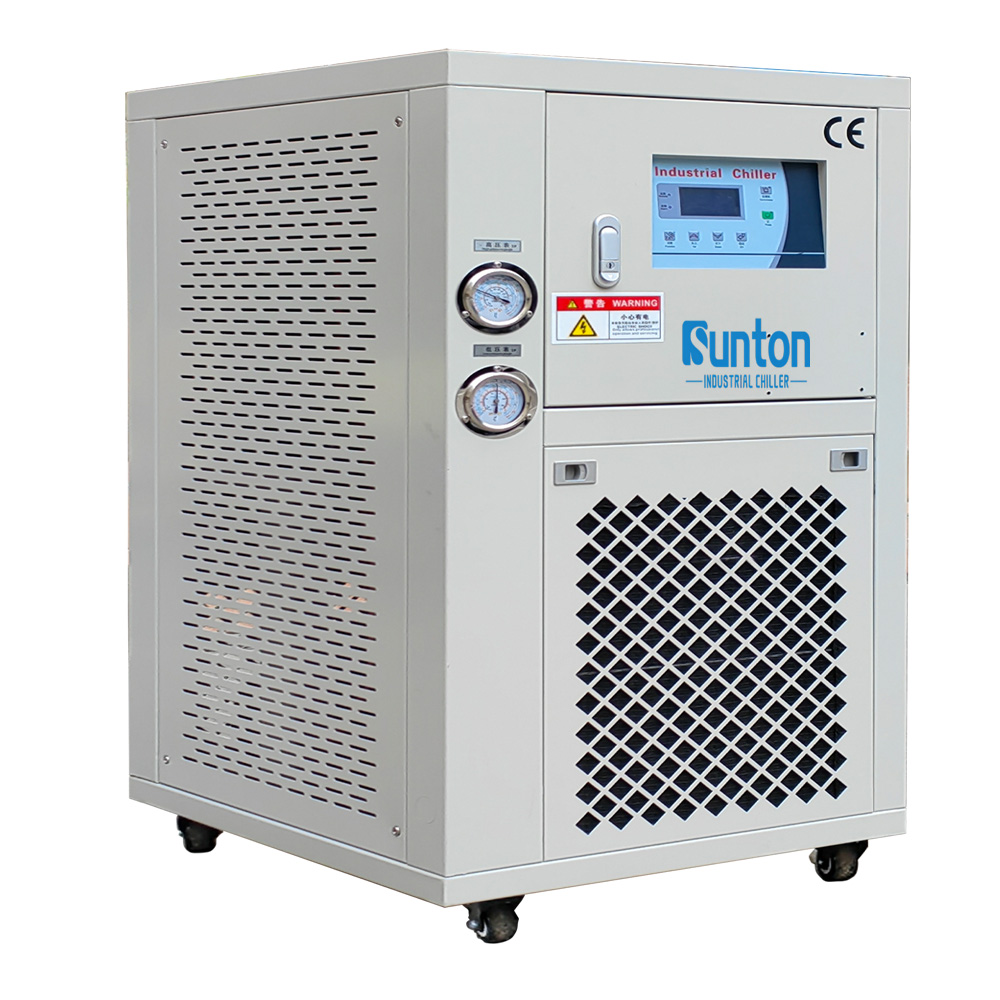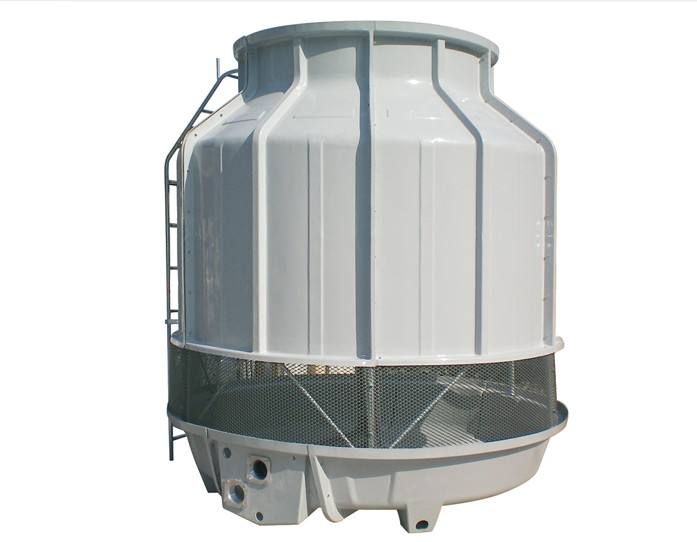-
Dalingshan Industrial Guangdong
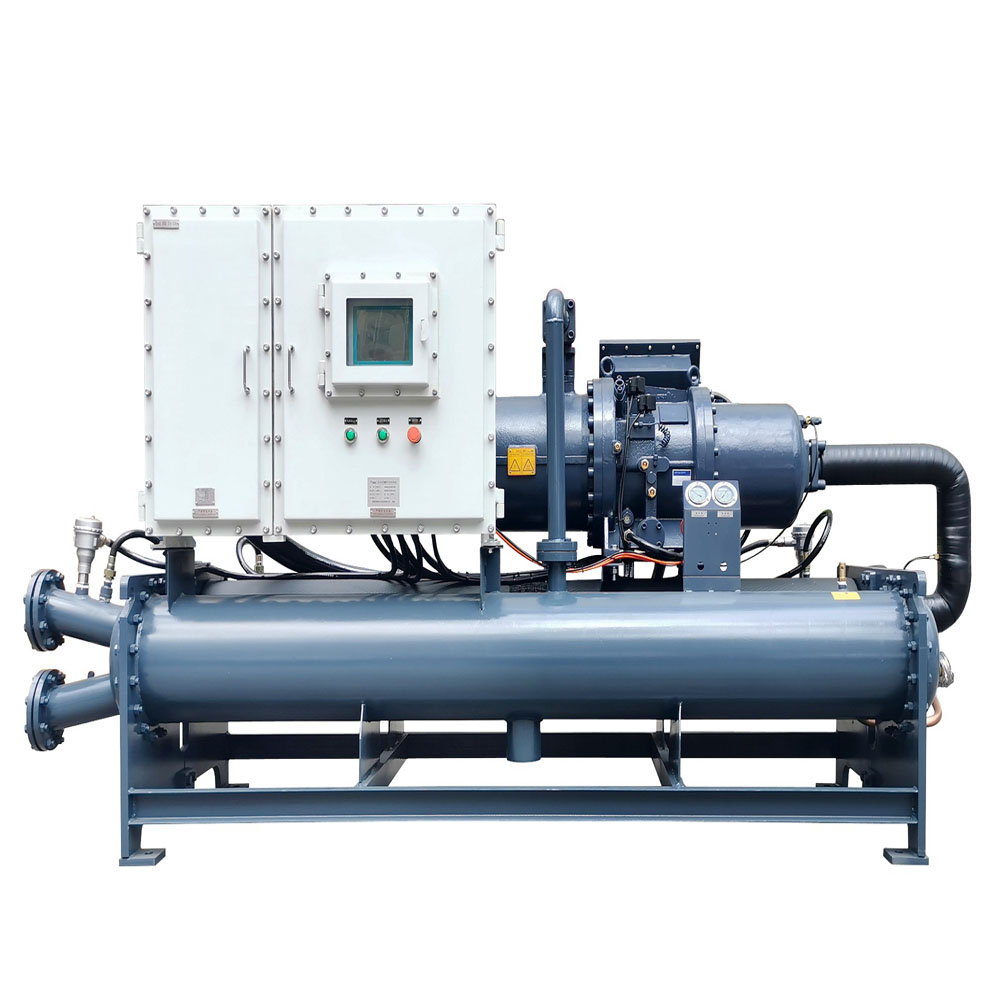
differences between a process chiller vs. hvac chiller
Cool Choices for Industrial Cooling: Understanding HVAC, Process Chillers, and Why the Right Industrial Chiller is Best
Are you navigating the world of industrial cooling and feeling a bit chilled by the options? This article sheds light on the key differences between hvac systems and process chillers, explaining why selecting the right industrial chiller is crucial for optimal performance in various sectors. Understanding these distinctions is essential for ensuring your operations run smoothly and efficiently. Dive in to discover which cooling solution is the perfect fit for your needs.
Inhoudsopgave
What is a Chiller, Anyway? Decoding the Basics of Cool
At its core, a chiller is a cooling unit designed to lower the temperature of a liquid, typically water or a water-glycol mixture. This chilled water is then circulated to cool equipment or spaces. Think of it as a refrigerator, but on a much larger scale and designed for different applications. Whether it’s keeping a building comfortable or maintaining precise temperatures for a delicate manufacturing process, the fundamental principle of a chiller remains the same: it removes heat. The journey of cooling begins when a chiller starts its cycle, employing refrigerant to absorb heat and initiate the cooling process.
There are two primary type of chiller: air-cooled chillers en watergekoelde koelmachines. Air-cooled models dissipate heat into the surrounding ambient air, while watergekoeld versions transfer heat to a separate water source, often a cooling tower. Understanding this basic distinction is the first step in navigating the world of industrial cooling. As Industrial Water Chiller Manufacturing plants for products, we often explain to our clients that choosing the right chiller depends heavily on their specific operational requirements and environmental factors.
HVAC Chillers: Keeping Things Comfortable – But Is It Enough for Your Industrial Process?
HVAC stands for Heating, Ventilation, and Air Conditioning. HVAC chillers are primarily designed for building air conditioning, focusing on maintaining comfortable temperatures for human occupancy. These systems are essential for creating pleasant indoor environments in offices, schools, hospitals, and homes. They work to cool air by circulating chilled water through coils in air handler units, which then blow cool air into the occupied spaces. The primary goal of an hvac system is comfort.
While hvac chillers are robust and reliable for their intended purpose, their design parameters often differ significantly from those required for industrial process cooling. The temperature control requirements for human comfort are generally less stringent than those needed in many industrial applications. For instance, a typical office might be comfortable at 72°F, whereas certain industrial processes might require temperatures well below freezing. Think of the differences between a process chiller designed for precise temperature control and an hvac unit aiming for general comfort.
Process Chillers: The Workhorses of Industrial Process Cooling – What Makes Them Different?
Process chillers, also known as industrial process chillers, are specifically engineered to meet the demanding cooling needs of various industrial applications. These industrial chillers are built for precise and consistent temperature control, often operating continuously in harsh environments. Unlike hvac chillers, which prioritize comfort cooling, process chillers work to maintain specific temperature setpoints critical for manufacturing processes, equipment cooling, and product quality. This focus on precision and reliability is what sets them apart.
As Industrial Water Chiller Manufacturing plants for products, we understand that process chillers are more than just cooling equipment; they are integral to the productivity and efficiency of our clients’ operations. Whether it’s maintaining the ideal temperature for plastic injection molding, preventing overheating in laser cutting equipment, or ensuring the integrity of pharmaceutical formulations, process chillers are often the unsung heroes of numerous industries. These chillers are built with robust components and sophisticated control systems to handle demanding workloads and maintain consistent performance.
HVAC Chiller vs. Process Chiller: Unpacking the Key Differences Between a Process Chiller
The fundamental difference between hvac en process chillers lies in their intended application and design priorities. HVAC chillers are optimized for comfort cooling, focusing on maintaining a generally comfortable temperature range for human occupants. They often operate intermittently, cycling on and off to maintain the desired temperature. In contrast, process chillers are designed for continuous operation and precise temperature control, often within very narrow tolerances. They are built to withstand demanding industrial environments and maintain consistent cooling even under heavy loads.
| Feature | HVAC Chiller | Process Chiller |
|---|---|---|
| Primary Purpose | Comfort Cooling | Industrial Process Cooling |
| Temperature Range | Typically higher and less precise | Lower and highly precise |
| Operating Cycle | Intermittent | Continuous |
| Durability | Designed for standard building environments | Designed for harsh industrial environments |
| Control Systems | Simpler | More sophisticated for precise temperature control |
| Fluid Compatibility | Primarily water | Water, glycol mixtures, and other specialized fluids |
| Load Requirements | Fluctuating based on occupancy and weather | Consistent and often high |
Thinking about whether an hvac chiller can handle the demands of your specific industrial process? Consider the precision needed for your equipment. For example, in the Plastics and Rubber Industry, maintaining precise mold temperatures is crucial for product quality and cycle times. An hvac system simply isn’t designed for this level of accuracy. Our experience as Industrial Water Chiller Manufacturing plants for products has shown us that using the wrong type of chiller can lead to inefficiencies, equipment damage, and even product defects.
Delving Deeper: What are the Core Components of a Chiller and How Do They Differ?
While both hvac en process chillers share fundamental components, their design and capacity often differ. The core components of a chiller include:
- Compressor: The heart of the refrigeration system, the compressor circulates the refrigerant. Process chillers often utilize heavy-duty compressor types like scroll or screw compressors for continuous operation.
- Condenser: This component dissipates heat from the refrigerant. Both air and water-cooled condenser options exist for both type of cooling, but process chillers may have larger condenser units for higher heat rejection.
- Evaporator: Here, the refrigerant absorbs heat from the process fluid, causing it to chill. Process chillers may have specialized evaporator designs for specific fluids and temperature requirements.
- Expansion Valve: This controls the flow of refrigerant into the evaporator.
The robustness and precision of these components are key differentiators. Industrial chillers are built with higher-grade materials and more sophisticated controls to ensure reliability and maintain precise temperature setpoints, vital for industries like the Chemical and Pharmaceutical Industry where temperature accuracy is paramount. As Industrial Water Chiller Manufacturing plants for products, we emphasize the importance of selecting components that are perfectly matched to the specific demands of the application.
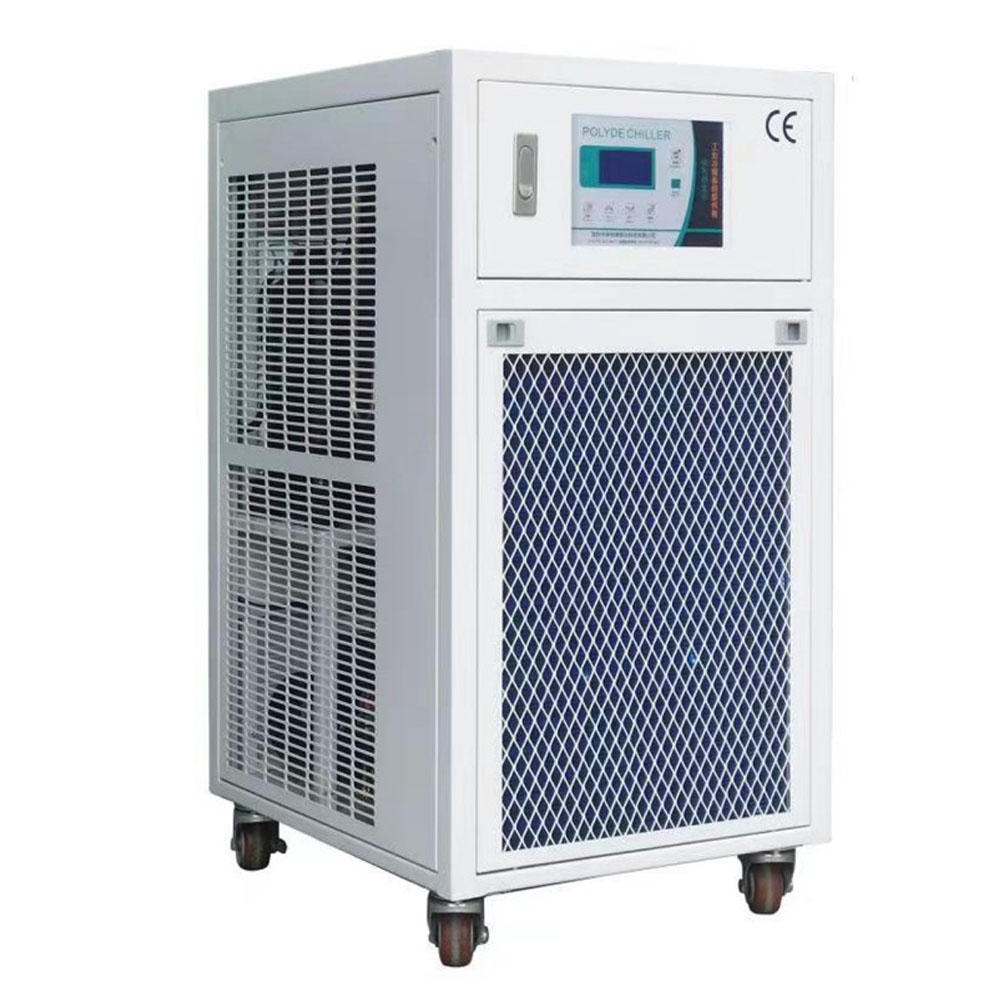
Where the Magic Happens: What Industrial Processes Use Process Chillers?
The applications for process chillers are vast and span numerous industries. Here are some key sectors where industrial process cooling is essential:
- Plastics and Rubber Industry: Maintaining precise mold temperatures for injection molding, extrusion, and blow molding. We offer specialized solutions like our Water Cooled Scroll Water Chiller.
- Machining Industry: Cooling machine tools to prevent overheating, maintain accuracy, and extend tool life.
- Food and Beverage Industry: Controlling temperatures during production, fermentation, and storage, as seen with our Dairy Milk Chillers en Industrial Glycol Chillers For Brewery.
- Chemical and Pharmaceutical Industry: Maintaining precise temperatures for reactions, storage, and quality control, often requiring specialized Anti-Explosion Chillers.
- Electronics Industry: Cooling sensitive electronic equipment and manufacturing processes.
- Laser Industry: Dissipating heat from lasers to ensure optimal performance and longevity.
- Printing Industry: Controlling temperatures in printing presses for consistent ink viscosity and print quality.
- Medical Industry: Cooling medical equipment like MRI machines and lasers.
- Laboratories and Research Institutions: Maintaining precise temperatures for experiments and research.
- Data Centers: Removing heat generated by servers to prevent overheating and ensure uptime.
These are just a few examples of the countless industrial processes that rely on the consistent and precise cooling provided by process chillers. As Industrial Water Chiller Manufacturing plants for products, we have experience tailoring cooling solution to the unique requirements of each of these sectors.
Why Choose a Dedicated Industrial Chiller Over an HVAC System for Your Process Cooling Needs?
While it might be tempting to consider using an existing hvac system for industrial process cooling, there are several compelling reasons why a dedicated industrial chiller is the superior choice:
- Precise Temperature Control: Process chillers offer far greater temperature accuracy and stability than hvac systems, which is crucial for many industrial applications.
- Continuous Operation: Industrial chillers are designed for 24/7 operation, unlike hvac systems that cycle on and off.
- Robustness and Durability: Industrial chillers are built to withstand harsh industrial environments and heavy loads.
- Fluid Compatibility: Process chillers can handle a wider range of fluids, including glycol mixtures, which offer better heat transfer and freeze protection.
- Efficiency: While an hvac unit cools air for comfort, a process chiller focuses on efficiently cooling the specific process, often leading to better energy efficiency in the long run for that specific application.
- Protection of Equipment and Product: Maintaining the correct temperature prevents overheating, damage to equipment, and ensures product quality. Think about the critical role our Industrial Chillers For Textile Industry play in maintaining fabric quality.
Trying to adapt an hvac system for industrial process cooling is often a false economy. It can lead to inefficient cooling, equipment failures, and compromised product quality. As Industrial Water Chiller Manufacturing plants for products, we strongly advocate for investing in the right chiller for the job.
What Type of Chiller is Right for Your Industrial Application? Exploring the Options.
The world of industrial chillers offers a variety of options to suit different needs and environments. Here are some common different types of chillers:
- Air-Cooled Chillers: These chillers use outside air to cool the condenser. They are generally easier to install and maintain, making them a popular choice for many applications. See our range of Air Cooled Screw Chiller en Air Cooled Screw Central Chillers.
- Water-Cooled Chillers: These koelmachines utilize a separate water source, often a cooling tower, to cool the condenser. They are generally more energy-efficient in larger capacities but require a cooling tower and associated infrastructure. Explore our Water Cooled Screw Water Chiller en Water Cooled Screw Central Chillers.
- Scroll Chillers: Utilizing scroll compressors, these chillers come in smaller to medium capacities and are known for their efficiency and reliability.
- Screw Chillers: Employing screw compressors, these koelmachines are suitable for medium to large capacities and offer excellent performance and longevity.
- Portable Chillers: These compact units offer flexibility and can be easily moved between different applications.
Choosing the right chiller depends on factors such as cooling capacity requirements, available space, environmental conditions, and budget. As Industrial Water Chiller Manufacturing plants for products, we guide our clients through this selection process to ensure they get the most appropriate cooling equipment.
Making the Right Choice: How to Select the Best Chiller System for Your Specific Needs.
Selecting the best chiller system for your industrial process requires careful consideration of several factors. Here are some key questions to ask:
- What is the required cooling capacity? This is typically measured in tons or BTU/hr.
- What is the required temperature setpoint and tolerance? How precise does the cooling need to be?
- What type of fluid will be used? Water, glycol, or another specialized fluid?
- What are the environmental conditions? Will the chiller be located indoors or outdoors? What are the ambient temperatures?
- What are the space constraints? How much room is available for the chiller and associated equipment?
- What is the budget? Consider both the initial investment and ongoing operating costs.
By carefully evaluating these factors, you can narrow down your options and choose the right cooling system that removes heat effectively and efficiently. We, at Industrial Water Chiller Manufacturing plants for products, work closely with our customers to understand their unique requirements and recommend the optimal chiller solution. We believe in providing a cooling solution that not only meets your immediate needs but also contributes to the long-term efficiency and reliability of your operations. Don’t hesitate to leverage our expertise to make an informed decision.
Ready to Optimize Your Industrial Cooling? Let’s Find the Right Chiller Together.
Understanding the differences between a process chiller and an hvac system is the first step towards optimizing your industrial cooling. Choosing the right industrial chiller is an investment that pays dividends in terms of efficiency, reliability, and product quality. As Industrial Water Chiller Manufacturing plants for products, we are here to help you navigate the complexities of industrial cooling and find the perfect solution for your specific needs. Whether you operate in the Plastics and Rubber Industry, the Food and Beverage Industry, or any other sector requiring precise temperature control, we have the expertise and the product range to meet your demands.
Don’t settle for an air conditioning system designed for comfort when your manufacturing processes demand precision. Contact us today to discuss your cooling needs and discover how our industrial process chillers can enhance your operations. Let’s ensure your equipment stays cool and your processes run smoothly. We are dedicated to providing high-quality, reliable waterkoelers en air-cooled chillers tailored to your exact requirements. Your journey to efficient and reliable industrial cooling starts here.
FAQs:
What is the main difference between an HVAC chiller and a process chiller?
The primary difference is their purpose. HVAC chillers are for comfort cooling, while process chillers are for precise temperature control in industrial applications.
Can I use an HVAC chiller for industrial cooling processes?
While possible in some very limited cases, it’s generally not recommended due to the differences in design, temperature control, and operational demands. Process chillers are specifically engineered for industrial environments.
What are the benefits of using a process chiller?
Benefits include precise temperature control, continuous operation capabilities, robust design for industrial environments, and compatibility with various cooling fluids. This leads to improved productivity and product quality.
How do I choose the right size process chiller for my application?
Consider the heat load of your process, the required temperature setpoint, the type of fluid, and the ambient conditions. Consulting with a chiller manufacturer is highly recommended to ensure you select the appropriately sized unit.
What maintenance is required for a process chiller?
Regular maintenance includes checking refrigerant levels, inspecting for leaks, cleaning coils, and ensuring proper fluid levels. Following the manufacturer’s recommendations is crucial for longevity and optimal performance.
Are process chillers energy efficient?
Modern process chillers are designed with energy efficiency in mind. Selecting the right size and type for your application, along with regular maintenance, will contribute to optimal energy performance.
Key Takeaways:
- HVAC chillers are designed for comfort cooling, while process chillers are built for precise temperature control in industrial applications.
- Process chillers offer superior temperature accuracy, continuous operation, and durability compared to hvac systems for industrial needs.
- Choosing the right type of chiller, whether luchtgekoeld or watergekoeld, depends on your specific application and environmental factors.
- Properly sized and maintained industrial chillers are crucial for efficient and reliable industrial process cooling.
- Contacting Industrial Water Chiller Manufacturing plants for products can help you select the optimal cooling solution for your business.
